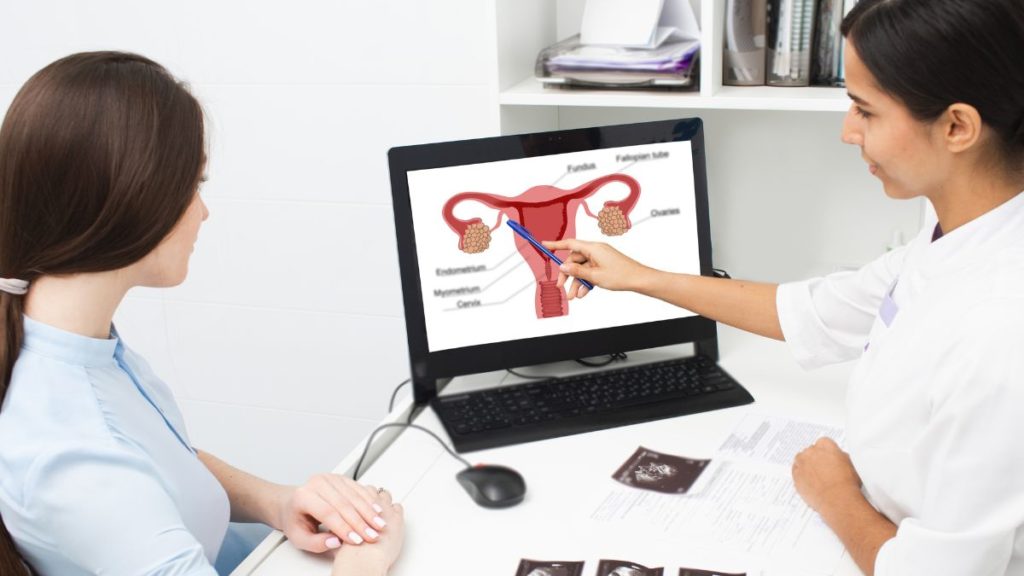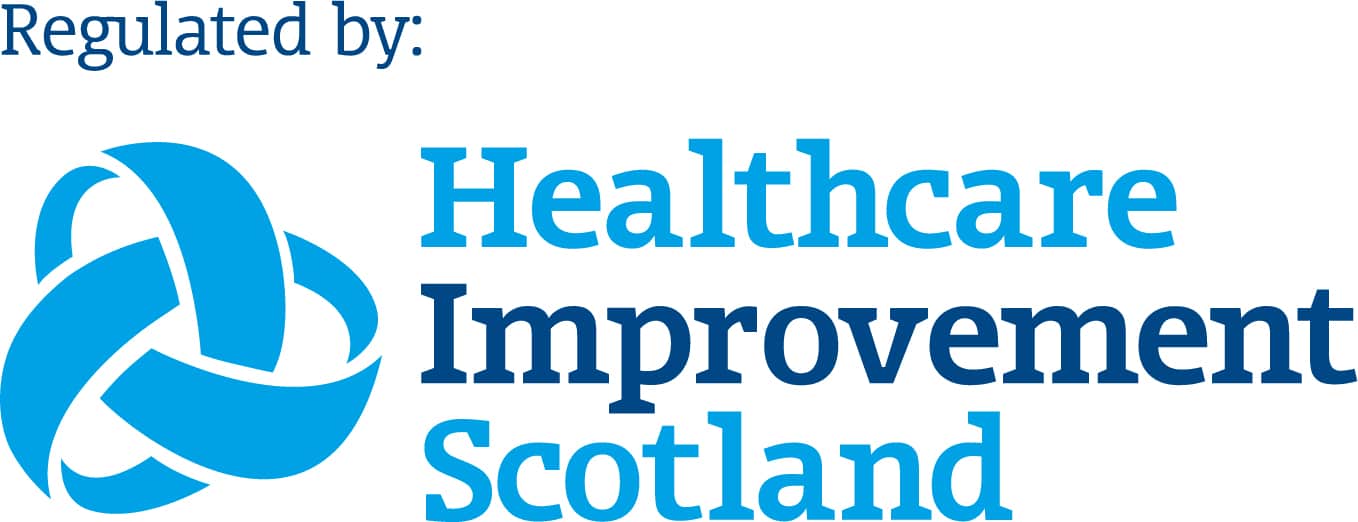
Endometriosis test, also called EndoTest, is a new technology that is used to treat endometriosis. It is based on gene sequencing and the use of artificial intelligence. It works by detecting endometriosis by sequencing microRNA through New Generation Sequencing. All patients need to provide is a sample of saliva for this test. EndoTest is classed as superior to more traditional methods such as MRI, pelvic ultrasound, and laparoscopy due to terms of performance.
Endometriosis affects around 10% of women in the United Kingdom and usually presents around adolescence. It is characterized by endometrial-like epithelium outside the uterine cavity. This additional tissue and its growth is associated with inflammatory processes, thus during menstruation and subsequent rise of hormonal levels, it leads to acute inflammation that results in bleeding, severe pain and many other symptoms. Additionally, it can also be asymptomatic and can be diagnosed in women that have difficulty conceiving. Around 30-50% of women that have endometriosis have difficulty conceiving and struggle with infertility. Main symptoms of endometriosis are severe menstrual pain, pain during intercourse, pain in the right shoulder, digestive issues, urinary disorders as well as alternating diarrhea and constipation.
What are the benefits of using Endometriosis Test?
The main benefit of using EndoTest is that it can quickly confirm or exclude the diagnosis of endometriosis, thus allowing early management options. The results are accurate and reliable as per numerous clinical studies that were conducted prior the test was widely used. Performance of EndoTest exceeds the conventional diagnostic tests as the data from clinical studies show that its sensitivity is >95%, its specificity is >95% and its diagnostic accuracy is at 98%.
Other benefits include:
- Only single test is required to diagnose endometriosis.
- By detecting endometriosis early, it optimises fertility planning and care.
- By being non-invasive, it limits the quality of life deterioration and avoids any complications associated with invasive procedures like laparoscopy.
The Endometriosis test should be used for female patients between the ages of 18 to 43 years and those who are clinically suspected of endometriosis. The device must be prescribed by a healthcare professional and the collection of saliva needs to be done under the medical supervision.
The use of EndoTest is not intended to replace diagnosis by imaging of pelvic area but is instead used to ascertain the diagnosis. Medical imaging still remains essential after the diagnosis due to the ability of lesion description, mapping and its classification. Currently, NICE guidelines do not indicate the use of EndoTest for confirming the diagnosis of Endometriosis.
Our specialists are recruited for their reputation in providing excellent and patient-centred care. At ROC Clinic you can be sure that your health concerns will be managed by experienced and highly trained doctors and consultants, often experts in their field. If you would be interested to hear more about Endometriosis, EndoTest and treatment and care of this condition, please do not hesitate to contact our lovely receptionists at 01224 515 254.
References:
- Machine learning algorithms as new screening approach for patients with endometriosis. Bendifallah S & al. Sci Rep. 2022 Jan 12;12(1):639. doi: 10.1038/s41598-021-04637-2. https://www.ncbi.nlm.nih.gov/pmc/articles/PMC8755739/pdf/41598_2021_Article_4637.pdf
- Clues for Improving the Pathophysiology Knowledge for Endometriosis Using Serum Micro-RNA Expression. Dabi Y & al. Diagnostics (Basel). 2022 Jan 12;12(1):175. doi: 10.3390/diagnostics12010175. https://www.ncbi.nlm.nih.gov/pmc/articles/PMC8774370/pdf/diagnostics-12-00175.pdf
- Salivary MicroRNA Signature for Diagnosis of Endometriosis. Bendifallah & al. J Clin Med. 2022 Jan 26;11(3):612. doi: 10.3390/jcm11030612. https://www.ncbi.nlm.nih.gov/pmc/articles/PMC8836532/pdf/jcm-11-00612.pdf
- MicroRNome analysis generates a blood-based signature for endometriosis. Bendifallah S & al. Sci Rep. 2022 Mar 8;12(1):4051. doi: 10.1038/s41598-022-07771-7. https://www.ncbi.nlm.nih.gov/pmc/articles/PMC8902281/pdf/41598_2022_Article_7771.pdf
- Endometriosis Associated-miRNome Analysis of Blood Samples: A Prospective Study Bendifallah S & al. Diagnostics. 2022; 12(5):1150. https://doi.org/10.3390/diagnostics12051150



One Response
good information to broaden my horizons but if there is any other information if you can let me know